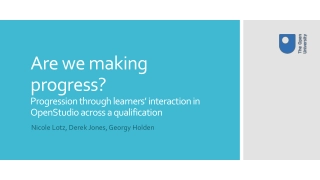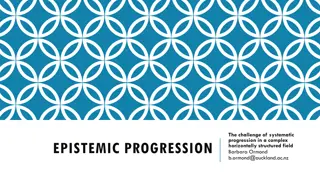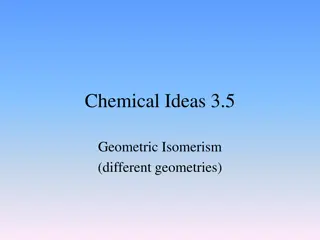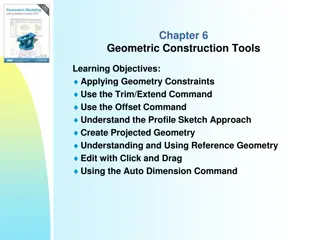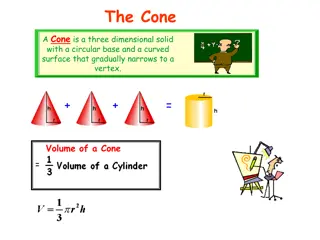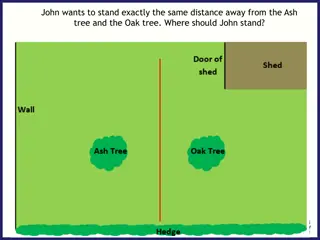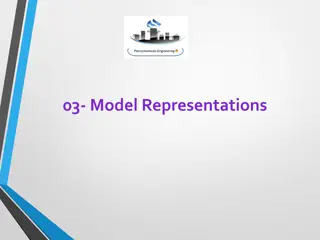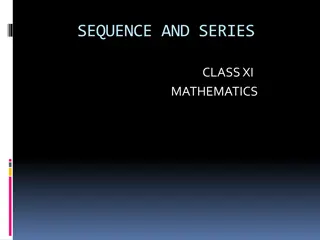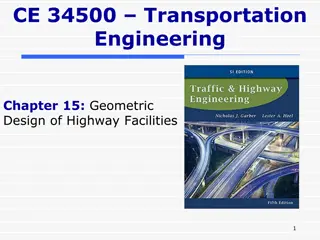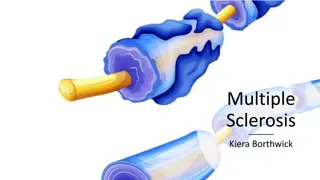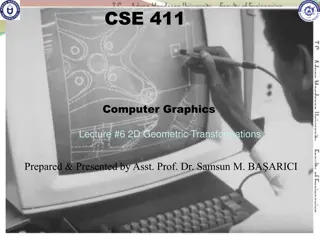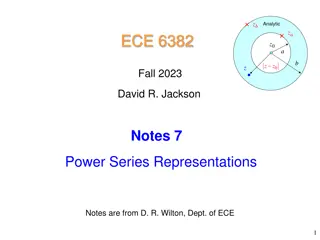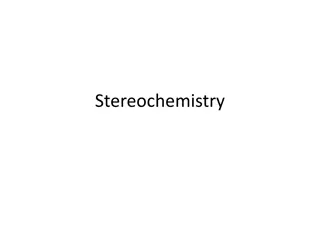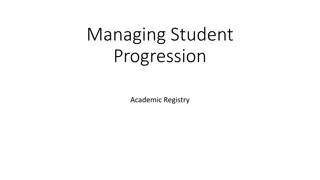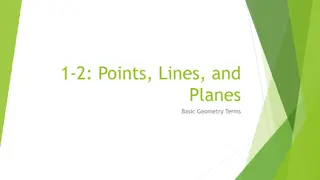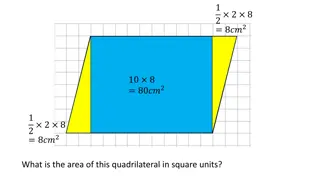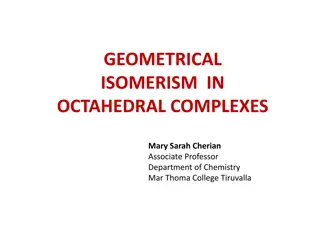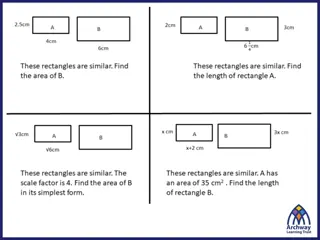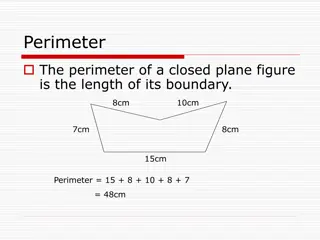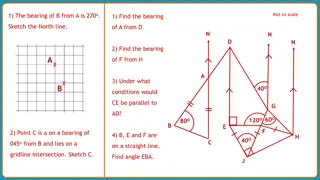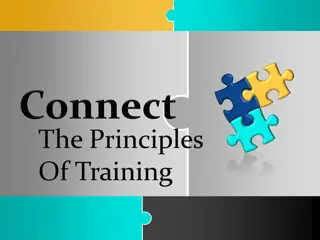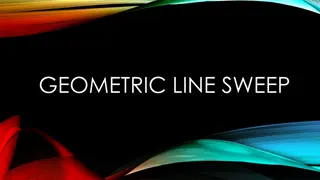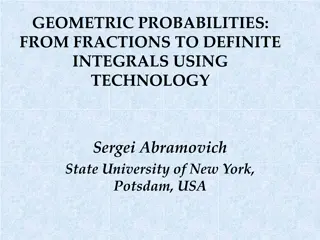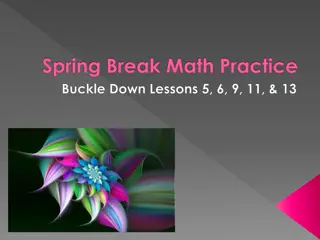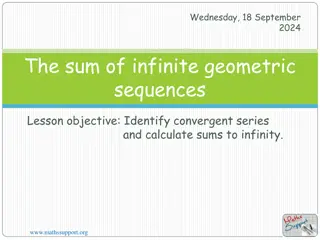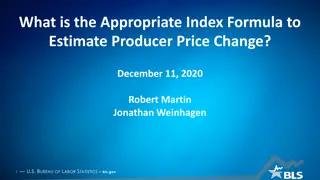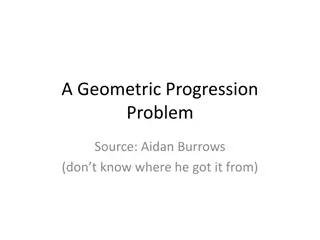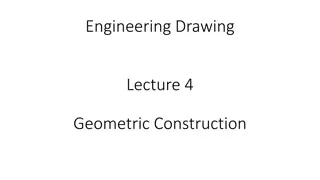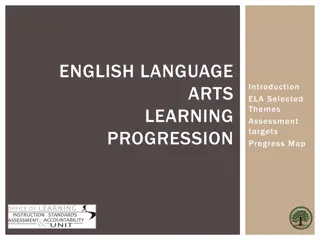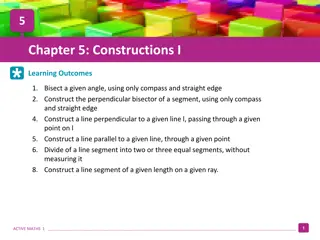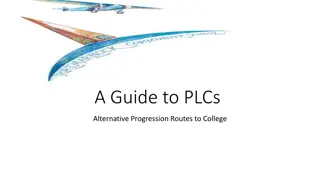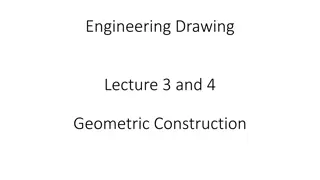Are we making progress?
The progression of learners in OpenStudio across a qualification through interactions and activities. The project aims to understand how engagement, communication, collaboration, knowledge, and learning skills evolve. The agenda includes discussions on traditional studio progression, factors influen
0 views • 24 slides
Enhancing Curriculum Design for Progression in Learning
This conversation aims to explore effective curriculum design approaches that promote learner progression and success while addressing barriers. Insights shared will influence future projects and initiatives, driving meaningful development towards educational objectives. Key considerations include s
0 views • 11 slides
Understanding Epistemic Progression in Learning: A Humanities Perspective
Exploring the concept of epistemic progression and its importance in education, this content delves into Basil Bernstein's theories on knowledge structure, trends in history education, and the role of procedural knowledge in fostering progression in disciplines like History.
1 views • 10 slides
Understanding Gravitational Anomalies and Interpretation Challenges
Gravitational anomalies pose an inverse problem in determining characteristics of underlying bodies. Surface gravity values provide insights into geometric shape, dimensions, density contrast, and depth. Interpreting anomalies requires integrating gravimetric analysis with other geological data. Cal
5 views • 62 slides
Understanding Geometric Isomerism in Chemistry
Explore the concept of geometric isomerism with a focus on cis and trans isomers in organic compounds. Learn about different types of isomerism and the significance of geometrical arrangements in chemical structures. Discover how isomers differ and their impact on compound properties. Engage in inte
0 views • 9 slides
Autodesk Inventor Geometric Construction Tools Overview
Explore the functionality of Autodesk Inventor's geometric construction tools, such as applying geometry constraints, utilizing trim/extend and offset commands, understanding profile sketches, creating projected geometry, and editing sketches with click and drag. Discover how to enhance efficiency i
1 views • 12 slides
Geometric Solids and Their Properties
Explore the concepts of cones and pyramids, including their volumes and surface areas. Learn how to calculate the volume of a cone or pyramid, find the surface area of their bases and lateral sides, and solve practice questions to enhance your understanding of these geometric figures.
1 views • 12 slides
Exploring Solar Radiation and its Geometric Relationship with Earth
Our planet faces challenges in energy supply, with solar radiation offering a vital alternative. Despite its intermittent nature, understanding solar energy's geometric relationship with Earth is crucial for engineering solar technologies. This chapter delves into the significance of solar informati
3 views • 82 slides
Geometric Constructions and Perpendicular Bisectors
Explore geometric constructions involving equidistance, perpendicular bisectors, and circle drawing using compasses. Learn how to find the midpoint between two points, determine the path to stay equidistant from two objects, and construct perpendicular bisectors accurately. Enhance your understandin
2 views • 11 slides
Understanding Geometric Modeling in CAD
Geometric modeling in computer-aided design (CAD) is crucially done in three key ways: wireframe modeling, surface modeling, and solid modeling. Wireframe modeling represents objects by their edges, whereas surface modeling uses surfaces, vertices, and edges to construct components like a box. Each
1 views • 37 slides
Understanding Sequences and Series in Mathematics
Sequences and series are fundamental concepts in mathematics, with sequences consisting of terms denoted as a1, a2, a3, ... and series involving the sum of terms in arithmetic and geometric progressions. Learn about arithmetic progression, geometric progression, terms, and formulas for finding sums
1 views • 11 slides
Geometric Design of Highway Vertical Curves and Criteria
This content covers the vertical alignment in transportation engineering, focusing on the geometric design of highway facilities, specifically vertical curves like crest and sag curves. It explains the main design criteria for vertical curves, including minimum stopping sight distance provision, dra
2 views • 24 slides
Understanding Multiple Sclerosis: Symptoms, Progression, and Treatment Options
Explore the cellular processes, symptoms, disease progression, and treatment options associated with Multiple Sclerosis (MS). Discover how MS, an autoimmune disease, affects the nervous system leading to a range of symptoms. Learn about the clinical progression of MS and how the immune system causes
0 views • 12 slides
2D Geometric Transformations for Computer Graphics
In this lecture on 2D Geometric Transformations, Assistant Professor Dr. Samsun M. BA ARICI covers topics such as translation, rotation, scaling, homogeneous representations, and coordinates. The lecture delves into basic transformations like reflection and shearing, as well as practical application
1 views • 81 slides
Geometric Series: Power Series Representations & Convergence
Geometric series analysis discusses the summation, convergence, and divergent properties within and outside the unit circle. The series' representation, convergence conditions, and extensions are explored through power series expansions and geometric series summations, providing a comprehensive unde
0 views • 50 slides
Understanding Stereochemistry: Isomers and Their Properties
Stereochemistry explores the fascinating world of isomers, including stereoisomers, geometric isomers, and structural isomers. Stereoisomers have the same molecular formula but differ in spatial arrangement, while geometric isomers lack free rotation around bonds. Structural isomers like dimethyl et
0 views • 27 slides
Managing Student Progression in Academic Registry
This content provides detailed information on managing student progression in an academic registry, covering topics such as academic framework, boards of examiners, mark finalization, module verification, referral requirements, personal tutorial assessments, student progression criteria, assessment
0 views • 15 slides
Understanding Basic Geometry Terms: Points, Lines, and Planes
Discover the fundamental concepts in geometry such as points, lines, and planes, which serve as the foundation for defining other geometric figures. Explore the definitions of these terms, their properties, and how they are used to construct various shapes. Dive into the importance of undefined term
0 views • 12 slides
Geometric Problems and Solutions
Explore various geometric problems related to quadrilaterals, rectangles, parallelograms, and tangrams. Learn about finding areas, transforming shapes, and solving puzzles. Discover the principles behind turning a rectangle into a parallelogram and identifying areas of different geometric figures.
0 views • 7 slides
Geometrical Isomerism in Octahedral Complexes: A Comprehensive Overview
Geometrical isomerism in octahedral complexes is a fascinating phenomenon arising from different geometric arrangements of ligands. This type of isomerism is prevalent in coordination numbers 4 and 6, leading to two main types of geometric isomers. Examples of cis-trans and mer-fac isomers in MA2B4
5 views • 10 slides
Geometry Problem Solving and Volume Calculations
Solve challenging geometry problems involving spheres, cones, cylinders, and frustums. Calculate volumes, heights, and surface areas of various geometric shapes using proportional relationships and volume formulas. Explore concepts of mass, density, and similarity in geometric figures. Test your pro
0 views • 15 slides
Understanding Perimeter and Area of Geometric Figures
Explore the concepts of perimeter and area in geometric figures including squares, triangles, rectangles, parallelograms, and trapeziums. Learn how to calculate the perimeter and area of these shapes through simple formulas and examples provided in an informative presentation. Visual aids will aid i
0 views • 8 slides
Solving Bearings and Geometric Problems
This content discusses solving problems involving bearings, geometric shapes, and properties of triangles and lines. It covers determining bearings between points, finding angles in isosceles triangles, and understanding parallel lines and angles. The content also includes information on angles in q
0 views • 6 slides
Principles of Training: Overload, Specificity, and Progression
Principles of training encompass overload, specificity, and progression. Overload requires doing more than usual, specificity involves tailored activities, and progression ensures gradual advancement. These principles are vital for improving fitness levels safely and effectively, emphasizing the nee
8 views • 17 slides
Understanding Geometric Line Sweep Algorithms
Geometric Line Sweep is a powerful technique where an imaginary line sweeps over points, performing geometric operations at each point. This method can find minimum distances between points, overlapping rectangles, and more. By sorting points and efficiently processing them, it can enhance performan
0 views • 10 slides
Geometric Routing Concepts and Byzantine Fault Tolerance
Geometric Routing enables routing without overhead, where each node knows its global coordinates and forwards messages based on proximity to the destination. Byzantine Faults pose challenges with arbitrary node behavior, but a Byzantine-Robust Geometric Routing algorithm addresses this in a 3-connec
2 views • 33 slides
Exploring Geometric Probabilities: From Fractions to Integrals
Delve into the realm of geometric probabilities with insights on how to transition from fractions to definite integrals, utilizing technology for enhanced learning experiences. Understand the significance of probability calculations in quantifying likelihood, incorporating geometric representations
0 views • 26 slides
Math Practice: Ratios, Proportions, Estimation, and Geometric Figures
Explore math concepts such as ratios, proportions, estimation, rounding, and geometric figures through engaging lessons and problem-solving scenarios. Practice using proportions to find missing values, round whole numbers and decimals, estimate costs, and learn about geometric shapes. Enhance your m
0 views • 19 slides
Understanding Infinite Geometric Sequences and Convergent Series
Explore the concept of infinite geometric sequences in mathematics through the example of cutting a string into halves. Learn how to identify convergent series and calculate sums to infinity, distinguishing between convergent and divergent series based on the common ratio. Delve into the formula for
0 views • 12 slides
Understanding Geometric and Poisson Probability Distributions
Explore the geometric and Poisson probability distributions, including criteria for geometric random variables, formulas, and practical examples. Learn how to calculate probabilities using the geometric distribution and apply it in scenarios like Russian Roulette and blood donor collection. Dive int
0 views • 13 slides
Academic Progression Guidelines for Undergraduate Students
Ensure academic progression by achieving a weighted aggregate of 40%+ at each level of study. Requirements differ for Single Honours and Combined Honours students, with conditions related to non-submission, misconduct, grades, and PSRB requirements. Consider options for changing programs if needed.
0 views • 6 slides
Overview of Proposed Changes in Producer Price Index Formulas
The U.S. Bureau of Labor Statistics is considering transitioning from a modified Laspeyres formula to a geometric Young formula for elementary indexes in the Producer Price Index (PPI). This proposed change aims to enhance the accuracy and economic relevance of price measurements by utilizing a geom
0 views • 25 slides
Solving a Geometric Progression Problem with Given Differences
The problem involves determining the two possible values of the first term and the associated common ratio in a geometric progression, given the differences between terms. By following the steps outlined in the solution, the first term is calculated to be 1.2 or 3.2, and the common ratio is determin
0 views • 28 slides
Geometric Construction and Geometrical Figures Lecture Images
Explore a series of informative images illustrating geometric construction, types of angles, triangles, and various geometric figures like squares, rectangles, rhombuses, parallelograms, and circles. Enhance your understanding of key geometric concepts with these detailed visuals.
0 views • 14 slides
English Language Learning Progression Assessment and Standards Overview
Explore the English Language Arts (ELA) learning progression, assessment targets, and selected themes. Understand how to read ELA standards, focusing on vocabulary acquisition and interpretation of words and phrases. Dive into grade-specific standards and themes such as reading comprehension and wor
0 views • 11 slides
Geometric Constructions: Mastering Compass and Straight Edge Techniques
Explore the art of geometric constructions using only a compass and straight edge. Learn to bisect angles, construct perpendicular bisectors, draw lines perpendicular to given lines, create parallel lines, divide line segments equally, and more. Equip yourself with the necessary skills and technique
0 views • 11 slides
Oklahoma Transfer Student Progression Analysis
Explore the transfer student progression data in Oklahoma presented by Stephanie Baird, Ph.D., analyzing the statewide transfer trends, progression outcomes, and transfer pathways between two-year and four-year institutions. Gain insights into where students are transferring within the state's highe
0 views • 25 slides
A Guide to Post Leaving Certificate (PLC) Courses and Progression Routes
Post Leaving Certificate (PLC) courses provide specialized, job-focused training with links to industry and progression to universities. Learn why to apply for PLCs, how they act as a stepping stone to higher education, and how to find courses with QQI links for progression. Ensure accuracy by verif
0 views • 11 slides
Understanding Geometric Frustration in Magnetism and Ice
Explore the concept of geometric frustration in magnetism and ice, where energetic requirements cannot be optimized simultaneously. Learn about frustrated magnetic insulators, quantum spin liquids, and the unique properties of geometrically frustrated systems such as triangular and Kagome lattices.
0 views • 25 slides
Geometric Construction in Engineering Drawing: Lecture Highlights
Geometric construction involves creating primitive geometric forms like points, lines, and planes to define objects in space. The lecture covers the basics of 2D geometric primitives, such as points, lines, circles, and arcs. It explains the significance of points and lines in technical drawings and
0 views • 18 slides
